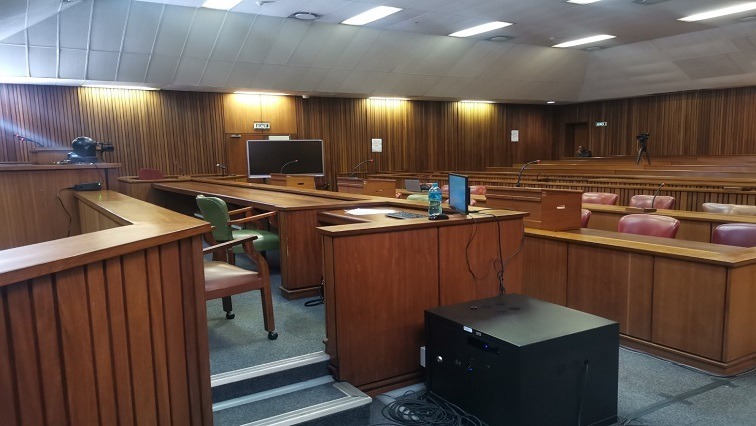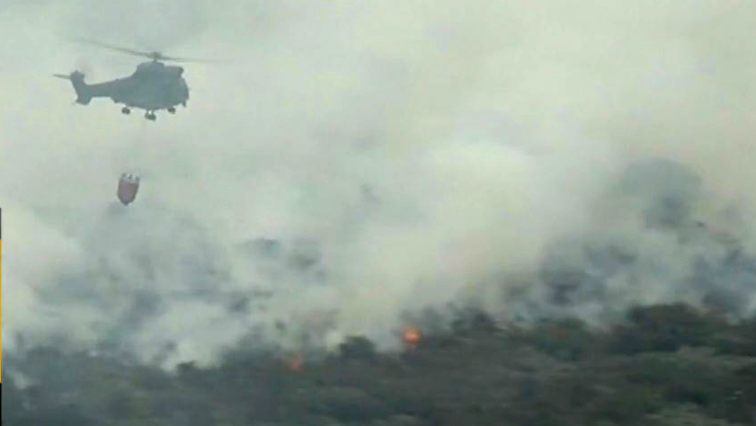Ezemvelo KZN Wildlife has begun the arduous task of dehorning rhinos the Hluhluwe iMfolozi Park (HiP) The project is a collaboration between Ezemvelo and WWF South Africa and kicked off earlier this month.
The decision to undertake this mammoth task comes in the wake of several illegal poaching incidents , particularly within the HiP last year. The parks management said while dehorning is not a one-fix solution, it forms part of a comprehensive approach to demoralise poachers targeting horned animals.
Ezemvelo's Musa Mntambo said KwaZulu-Natal lost 307 rhinos within HiP in 2023 , this despite concerted efforts to protect the animals.
Ezemvelo chief operating officer, Sihle Mkhize said the decision to dehorn the rhino was not an easy one.
'Rhino dehorning goes against the grain of what we stand for, but the persistent threat posed by poachers has necessitated more drastic measures to protect our rhinos,' he said.
Staff from Ezemvelo KZN Wildlife and WWF South Africa have kicked off a dehorning project at the Hluhluwe iMfolozi Park (HiP) in the province. Picture: Supplied
Staff from Ezemvelo KZN Wildlife and WWF South Africa have kicked off a dehorning project at the Hluhluwe iMfolozi Park (HiP) in the province. Picture: Supplied
Staff from Ezemvelo KZN Wildlife and WWF South Africa have kicked off a dehorning project at the Hluhluwe iMfolozi Park (HiP) in the province. Picture: Supplied
Mkhize explained the dehorning is costly and needs to be done every 18 to 24 months.
WWF SA's Dr Morn du Plessis said the decision to dehorn is never taken lightly and is only one of a wide range of interventions which together seek to simultaneously remove the potential reward of rhino poaching, while increasing the likelihood of poachers being caught.
The province of KZN has played a critical role in rhino conservation in Africa which is why we are committing resources towards supporting the authorities in their efforts to protect rhinos.
Beyond the dehorning programme, we will also be supporting Ezemvelo in its broader efforts to implement the Ezemvelo KZN Guardianship Strategy for Rhinoceros,' Du Plessis said.
Mkhize said they remain committed to the implementation of the recently approved Ezemvelo KZN Guardianship Strategy for Rhinoceros which aims to significantly reduce poaching incidents.
Endorsed by the KZN Nature Conservation Board, the strategy sets ambitious goals to mitigate poaching, complementing ongoing efforts which include intensification of anti-poaching patrols and surveillance, improvement of boundary fences and ranger living conditions, integrity testing, and now, dehorning.
Ezemvelo has also put in in measures to mitigate against illegal poaching.
The strategy dovetails with a number of recently reported initiatives aimed at fighting rhino poaching. These include:
The investment of approximately R11 million by the KZN province to erect a smart fence to cover a significant portion of the park where poaching levels are high
The financial support of approximately R40 million by the national Department of Forestry, Fisheries, and the Environment to extend the area covered by the smart fence around the park
Drastically increasing the numbers of field rangers from 45 to 88
Introducing integrity testing among frontline staff
--Installing trackers in all vehicles
Improving relations with adjacent communities
The additional helicopter hours added with night vision capability, including the deployment of more field rangers
Lastly, the appointment of Sthembiso Ndlovu as the Senior Manager: Rhino Protection.










